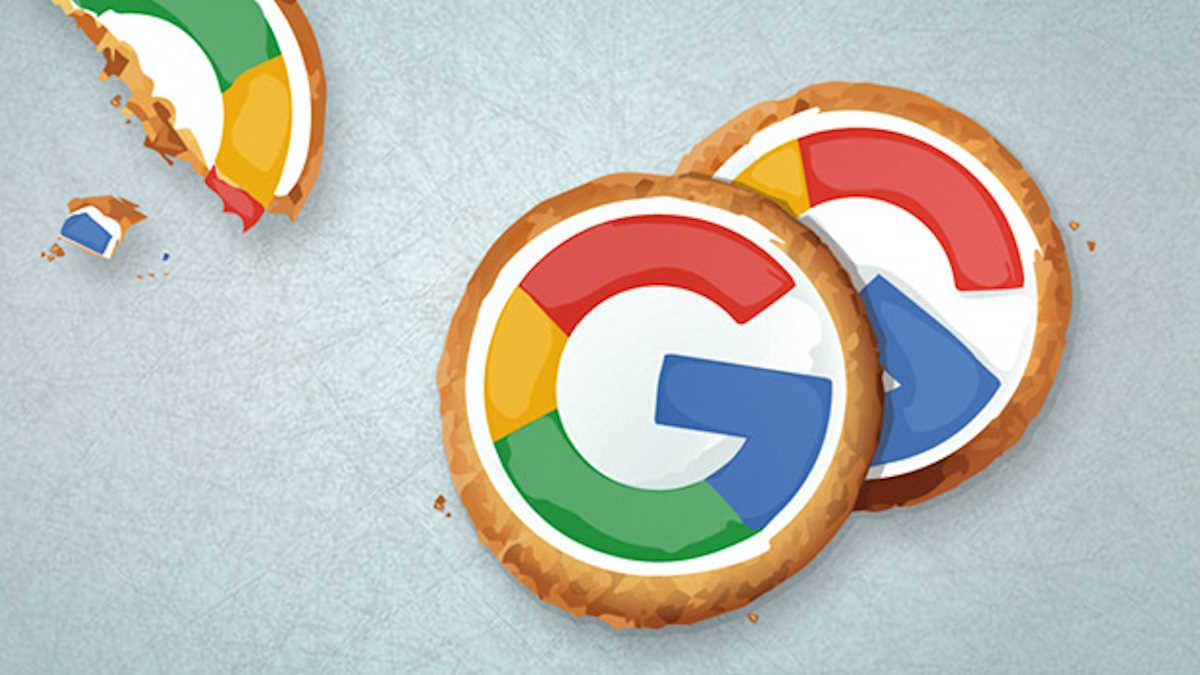Google has been warning for some time that it wants to change the Internet. It has specified that third-party cookies will be controlled and blocked, to provide greater user privacy. That moment will come very soon and it will all start happening on Chrome with a wide range of users.
Google has assumed an important role for itself. It wants to be one of the guardians of the Internet and ensure users as much security as possible. One of the measures the most recent It's identified as blocking third-party cookies, something Google has been preparing for some time in Chrome.
So, to start this process, starting January 4, Google will start testing the new Tracking Protection feature. This will eventually restrict websites from accessing third-party cookies by default. Initially, it will reach a very small subset of Chrome users, specifically one percent worldwide.
Next, Google plans to phase out the use of third-party cookies for all users in the second half of 2024. The Tracking Protection experience will be randomly selected and Google will notify you when you open Chrome on desktop or Android.
Google has protection mechanisms in place to ensure users get the best user experience. If this happens, if Chrome detects issues while you're browsing, an alert will appear asking if you want to temporarily reactivate third-party cookies for this site.
Google has been working on a way to eliminate the need for cookies in Chrome since 2020, and later incorporated it into its Privacy Sandbox initiative. The idea is to transfer anonymous browsing data to advertisers, who in turn can use APIs provided by Google to conduct their advertising business in a way that better protects users' privacy.
Google's approach to cookie-free advertising appears to be beneficial for both privacy-focused users and the overall business of advertisers, compared to other browsers that take more stringent approaches. However, Google's competitors and privacy advocates aren't entirely convinced by its cookie-replacement technology.

“Coffee trailblazer. Social media ninja. Unapologetic web guru. Friendly music fan. Alcohol fanatic.”

